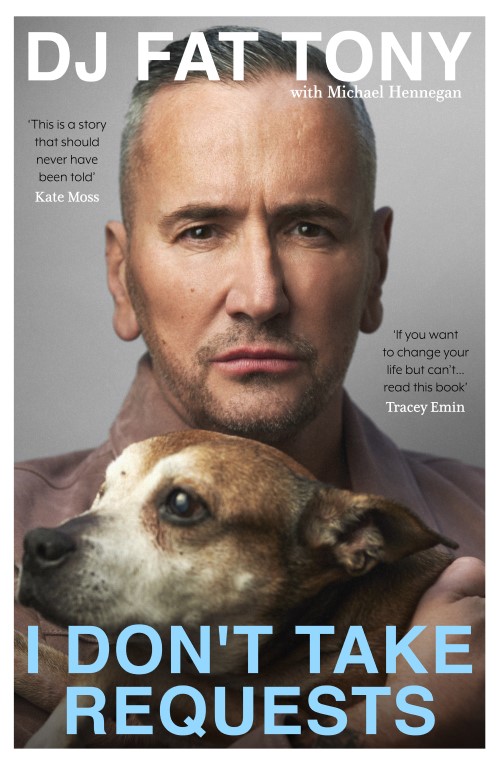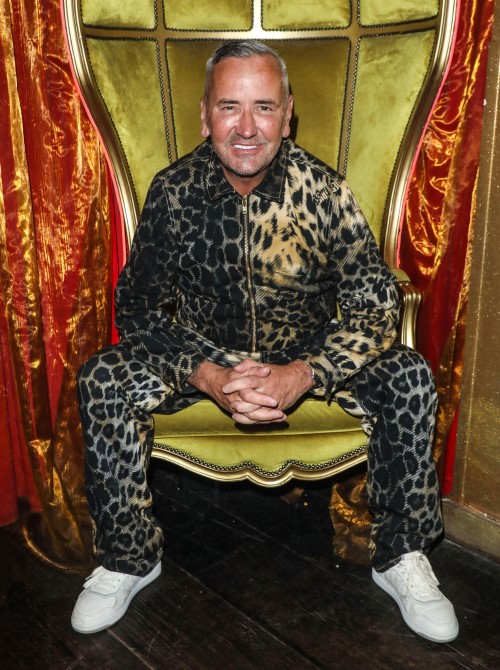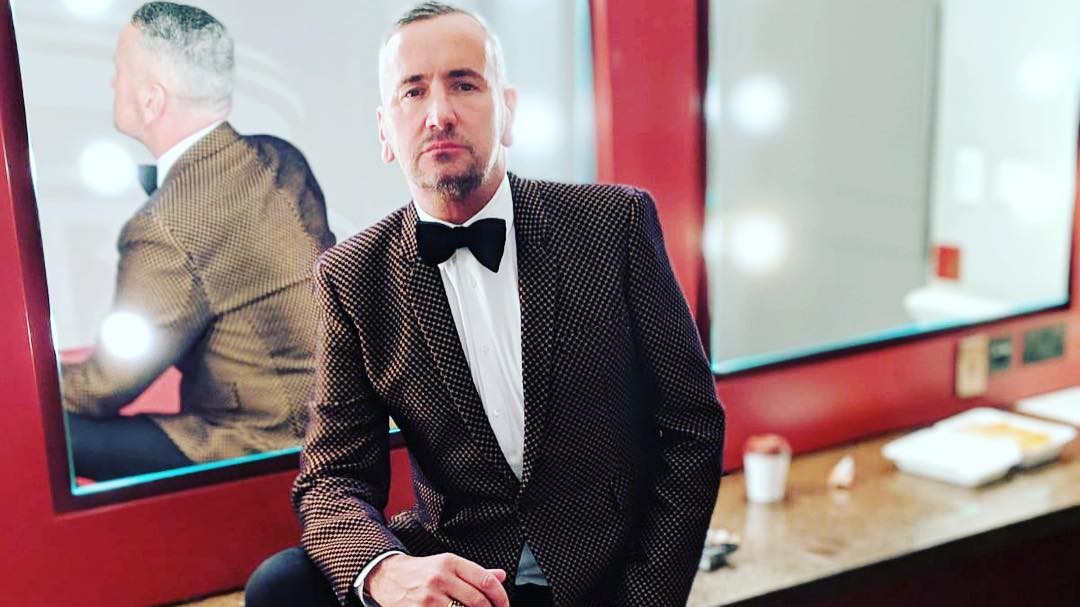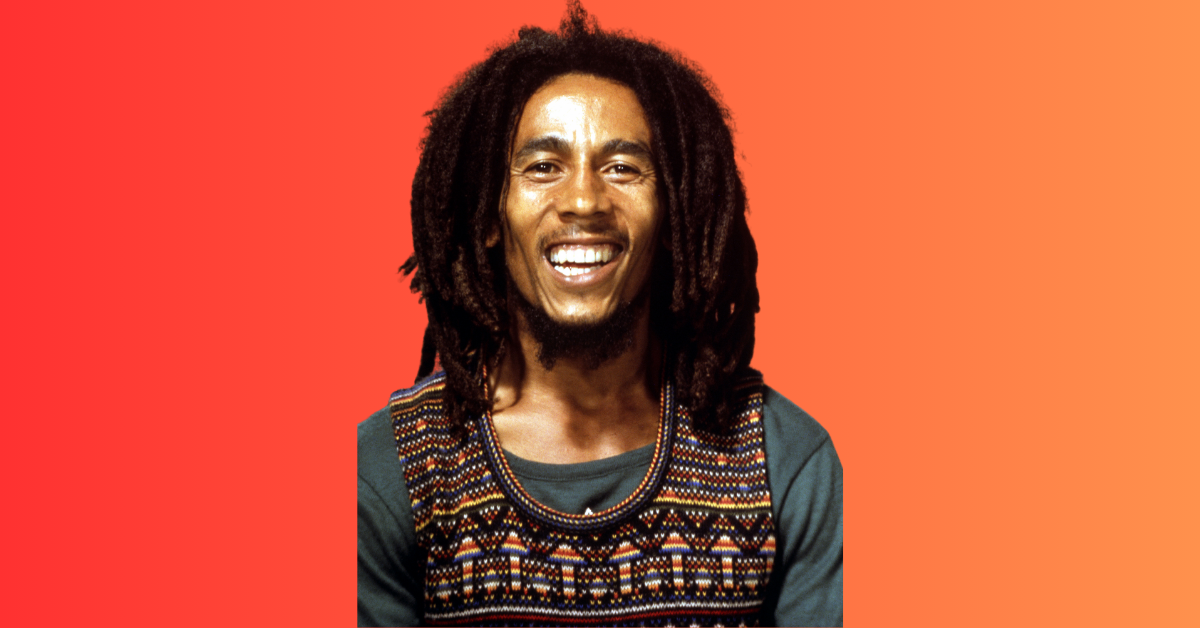DJ Fat Tony on Mayfair, fame, and overcoming his demons
Words: Will Moffitt
DJ Fat Tony doesn’t do requests. The clubland icon has always spun life to his own soundtrack. Celebrities? He’s met them all – and if he hasn’t they’re probably not worth meeting. Drugs? His 28-year bender makes Jordan Belfort’s chemical regimen look soft. Music? He’s played all the venues: from the sweat-drenched confines of Amnesia to the rigid etiquette of the Royal Wedding afterparty. Just don’t ask him to play your favourite song. He might just tell you to f*ck off.
If this makes the 56-year-old, real name Tony Marnach, sound intimidating and fierce, think again. The Tony I’m chatting to is a softly-spoken cockney. He’s also erudite and deeply reflective. We start with the name of his memoir, I Don’t Take Requests. Yes, it’s a joyful play on his autonomous DJing style, but deep down it hints at an independent streak that almost killed him.
“Maybe if I had listened and done what I was told at times, I wouldn’t have ended up in such a mess. Maybe life would have been a different thing,” he says. ”It’s like being told to eat your greens when you were a kid. I never ate my greens. Do you know what I mean?”
The widely-anticipated biography charts Marnach’s stratospheric ascent to fame that saw him become the go-to song spinner in anarchic 80s’ and 90s’ club culture. His spiky charisma, wicked sense of humour, and reputation for playing uplifting house bangers was a winning combination. So was his propensity to imbibe vast quantities of drugs and rage into the early hours with the likes of Tracey Emin, Kate Moss and Madonna.
Marnach’s brutally honest retelling of his extraordinary life is funny and shocking. It’s sad too. One chapter called ‘London’s Burning’ details the tragic loss of his friends and partners during the AIDS epidemic. Then comes his drastic demise caused by a never-ending schedule of nihilistic drug taking. At one point – after a particularly grisly session on Methamphetamines – he pulled all of his teeth out with a screwdriver.
“Even when I was asleep I was doing drugs,” Marnach says. “For the first 12 to 14 years it was fun, and then it wasn’t fun. They were my life; they were survival. It crossed that line from use to abuse. And when you start to abuse anything, you’re abusing yourself.”
Finally in 2006, after an encounter with his then partner, the veteran hellraiser decided to pack it in.

“That was the God-given moment that changed my life,” Marnach says. “Instead of the usual: ‘f*cking look at the state of you’, he put his hand on my shoulder and said: ‘what happened to you? You used to be such a shining star’. I looked at him and I burst out crying. That was it. I remember leaving thinking: I can’t do this anymore. It was such a thin line between where I was and death.”
Fifteen years on, Marnach is thankful for that landmark decision to get clean. He lives in Pimlicowith his partner and still travels the globe playing his tunes. His love for music and nightclub culture is still as strong as ever. He regularly ventures to Mayfair to play at Annabel’s and describes the neighbourhood as a place for creatives that is “always reinventing itself”.
He makes for engaging company and, just like his memoir, delivers stories of celebrity encounters with razor sharp wit and a devilish cackle. He’s still best friends with Moss, who he describes as “an incredible human being”, and is equally complimentary about his close pal Elton John: “His story is incredible”. Inevitably, he says, “the best celebrities are people that have become famous because they’re good at their job”.

Speaking of the sexual abuse he suffered as a child, Marnach is acutely aware of just how deeply rooted those experiences are in his psyche. After peeling back the layers with his therapist he wants his own experiences, now laid bare on the page, to be a catalyst for others to open up about abuse and addiction.
“I allowed it to ruin every relationship I ever got into,” Marnach says. “Anyone that got close to me, I scared them off, because I was scared of intimacy. I really wanted to put that in the book in a way that showed people that the more you discuss it, the more you can deal with it. If you’ve got a problem, tell someone because when we have secrets they turn into bigger monsters. As soon as you voice something, you take the power out of it.”
Even talking about writing his memoir, Marnach is transparent about the “3am fears” that plagued him during the impending release of his now bestseller.
“I always believe that people are going to think the worst. It’s a hard thing to accept love and accept that people like you for who you are. Writing this book I was thinking: ‘oh, my God, you’ve really gone and done it now. People are gonna f*cking hate you’. But it’s been the opposite. Yesterday I got stopped six times at the airport. People are reading this book on holiday. It’s become a real smash hit of the summer.”
As our conversation draws to a close I ask Marnach what song he would choose to define his life. “It would be Last Night A DJ Saved My Life,” he cackles.








